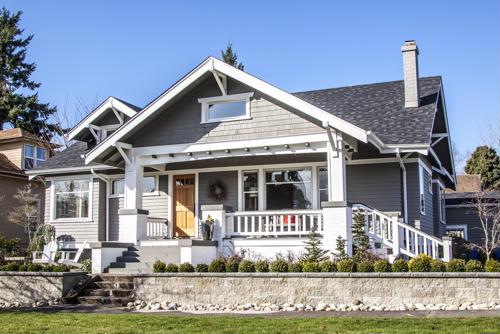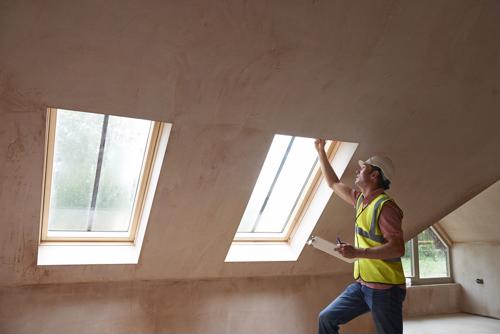
Are you gearing up to start your house hunt? Maybe you've even been preapproved for a mortgage.
Either way, you likely know how important it is to save up when planning to purchase a home. However, your total home buying costs will entail more expenses than just the sale price of the home.
To ensure you have enough saved and are aware of all the costs associated with buying a home, let's run through the most important costs you'll need to save for.
DOWN PAYMENT
While some government-backed mortgages don't require a down payment, many conventional options from banks and other lenders do. A down payment is upfront money you commit from your savings — among other sources. It's a percentage of the total sales price and often required to reduce risk for the lender.
MORTGAGE PAYMENTS
You'll have mortgage payments to make every month, so be sure to update your budget. Remember, each payment goes toward both principal (the amount you initially borrowed) plus interest. The interest you pay is determined by your rate, and whether it is fixed or variable.
CLOSING COSTS
Don't forget about closing costs. These upfront expenses are charged for the various processes required to actually close the mortgage so you can buy your home. Closing costs can include, but are not limited to:
- Mortgage origination fees
- Fees for appraisal, inspections and other services
- Underwriting fees
- Title insurance
- Deed transfer
- Government fees
Before you close the home loan, you should receive a loan estimate that itemizes all these costs. This should provide you with transparency needed to save accordingly.
PRIVATE MORTGAGE INSURANCE
You may be required to pay private mortgage insurance (PMI) if your credit score is poor or you plan to make a down payment of less than 20%. These premiums are paid monthly and protect the lender, not you, from default. The good news is that after a period of time you can remove PMI.
REAL ESTATE AGENT FEES
If you work with a real estate agent, you may be on the hook for a portion of their fees. Sometimes, sellers include fees or a commission in the price of the home, which just means you're paying one way or another.
PROPERTY TAXES
Everybody's favorite, property taxes are levied by local governments for various public revenue reasons. It's important to research the rates of the market you plan to buy in, as well as how escrow works.
HOMEOWNERS AND FLOOD INSURANCE
Your home is likely your biggest investment, so you'll want to protect it. Homeowners insurance offers protection from events like fires, theft, property damage, general liability and other forms of loss. The cost will depend on the scope of your policy. If you live in a flood-prone area, you'll need to get separate flood insurance.
MAINTENANCE OR HOME IMPROVEMENTS
Ongoing maintenance costs are going to pop up from time to time. Having enough money saved to repair a water heater or get new windows will ensure your home is safe, livable and comfortable.
Are you figuring out your savings plan before you buy a home? Reach out to The Federal Savings Bank today for budgeting help, or to start the mortgage application process.
This information is intended for educational purposes only. Products and interest rates subject to change without notice. Loan products are subject to credit approval and include terms and conditions, fees and other costs. Terms and conditions may apply. Property insurance is required on all loans secured by property. VA loan products are subject to VA eligibility requirements. Adjustable Rate Mortgage (ARM) interest rates and monthly payment are subject to adjustment. Upon submission of a full application, a mortgage banker will review and provide you with the terms, conditions, disclosures, and additional details on the interest rates that apply to you individual situation.


